College of Science, Engineering & Technology
New research chair at Unisa to address the national energy crisis
Prof Adedayo Yusuff from Unisa’s Department of Electrical Engineering in the School of Engineering has recently been awarded the DSI/NRF - Sasol Research Chair in Energy and Power Systems Modelling. The chair will focus on ensuring sustainable human capacity development and knowledge creation in energy and power system modelling.
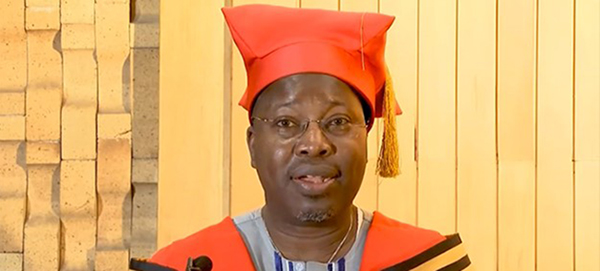
Prof Adedayo Yusuff
"Professor Yusuff's comprehensive proposal coupled with his research scholarship in this important research field was compelling enough for the review panel to award this honour to him and by extension to Unisa," says Prof Bhekie Mamba, Executive Dean of the Unisa’s College of Science, Engineering and Technology. "This was a highly competitive selection process and the college congratulates Professor Yusuff for such a prestigious scholarly achievement. As a college, we look forward to his excellent research contributions from this research chair platform."
The South African Research Chairs Initiative (SARChI) was established in 2006 by the Department of Science and Technology (DST) and the National Research Foundation (NRF). Research chairs are designed to attract and retain excellence in research and innovation at South African public universities with a long-term investment of up to 15 years. The main goal of the initiative is to strengthen and improve the research and innovation capacity of public universities by producing high-quality postgraduate students, and research and innovation outputs.
The South African energy crisis
South Africa is a developing economy that requires a substantial amount of energy and power for manufacturing, social amenities, education and stimulation of the digital economy. Although the country has abundant coal reserves, the necessity to reduce greenhouse gas emissions requires a diverse energy mix that is inclusive of renewable energy resources. Unlike fossil fuels and, to some extent, the generation of electricity from hydro power, most renewable energy sources are intermittent in nature. This intermittency can have adverse effects on energy, power security, the economy and the standard of living if the right investment and human capacity skill sets are not put in place.
The national electric power system network is coupled with various levels of complexities and dynamics; hence it is important to understand the impact that variable energy resources will have on a network whose load demands cannot be predicted precisely. It is important to understand the dynamics of integration of diverse energy resource and power system technologies in order to make informed decisions. Energy and power systems modelling platforms are therefore essential in understanding the implications of different energy mix and investment scenarios. The importance of a framework or a platform that can assist decision makers and investors to understand the opportunities as well as risks involved in the diversification of the energy mix cannot be overemphasised. The effect of the current war between Ukraine and Russia on the energy security of Western Europe and the world has shown that policy makers need tools that can take cognisance of rare event scenarios.
Making informed decisions in addressing the energy crisis
South Africa is currently facing a scarcity challenge in skilful personnel possessing adequate skillset for modelling, optimisation, visualisation and analysis of energy and power systems models. The energy and power system models can be used by government and private entities to make informed decisions on energy and power systems. To this end, NRF has entered into an agreement with Sasol to establish a research chair in Energy and Power Systems Modelling. The aim of the research chair is to develop a framework that will ensure sustainable human capacity development and knowledge creation in energy and power system modelling. The chair will also develop an open-source energy and power systems modelling platform.
Energy management and renewable energy modules have been developed and included in the teaching curriculums of Unisa’s Department of Electrical Engineering. In addition, over the past five years, Unisa has committed resources to procuring state-of-the-art equipment to create an enabling environment for teaching and research in energy and power system modelling.
* Compiled by Dr Nozipho N Gumbi, Acting Communication and Marketing Specialist, College of Science, Engineering and Technology
Publish date: 2023-02-13 00:00:00.0


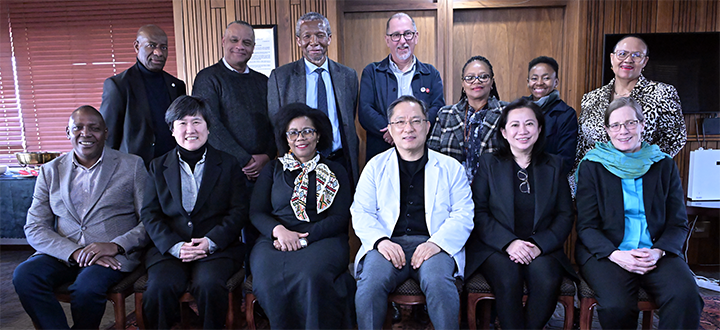 Unisa wins bid to host IAMS General Assembly
Unisa wins bid to host IAMS General Assembly
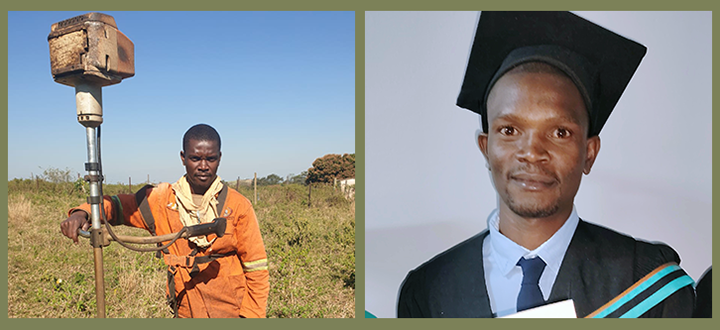 Cutting grass by day, pursuing Unisa studies by night
Cutting grass by day, pursuing Unisa studies by night
 Unisan’s research set to improve accident records management through AI
Unisan’s research set to improve accident records management through AI
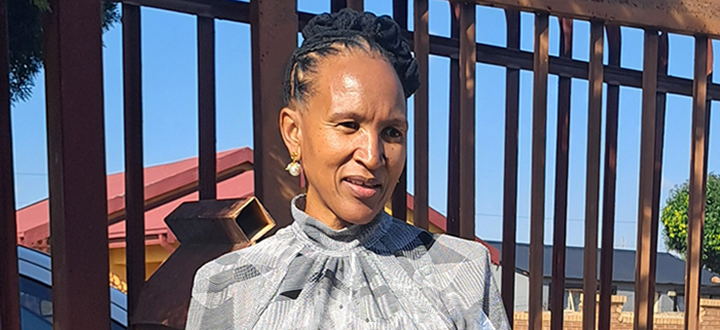 Koma e wetse: When tradition meets the harsh realities of modern livelihoods
Koma e wetse: When tradition meets the harsh realities of modern livelihoods
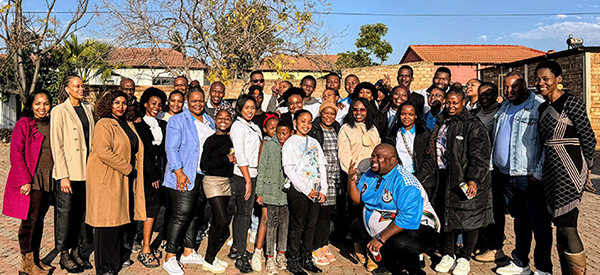 Imbizo inspires youth
Imbizo inspires youth